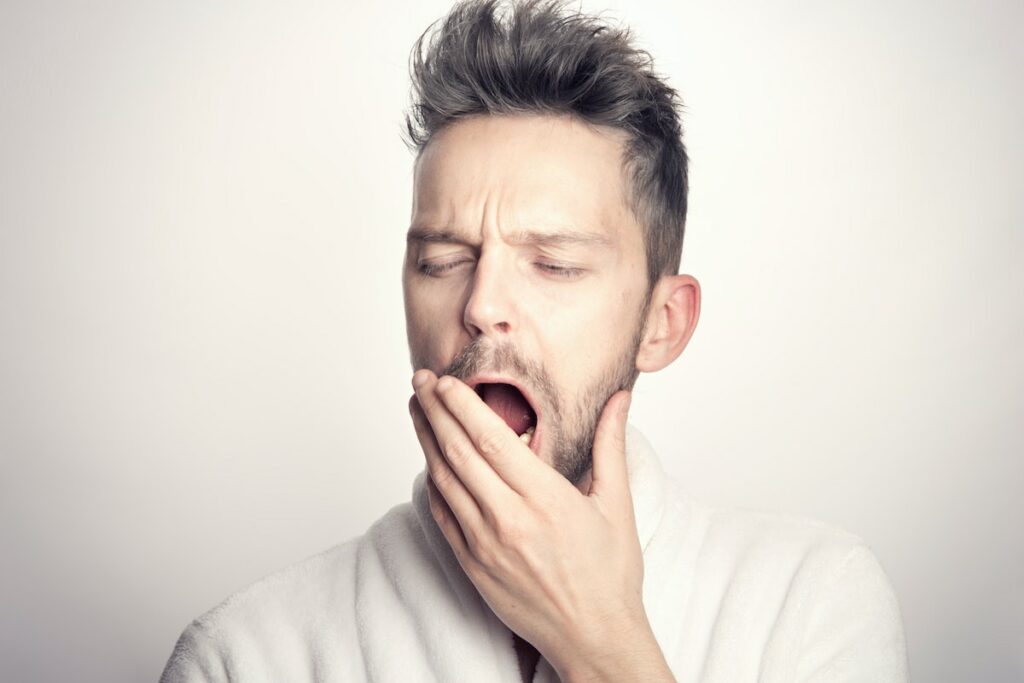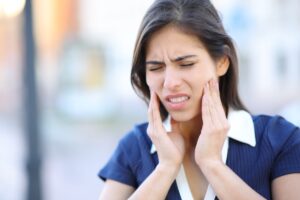Can You Die from Sleep Apnea?
Short Answer: Yes. Sleep Apnea can kill you.
Longer Answer: When you have sleep apnea, you stop breathing at night.
The good news is it’s not suffocation that leads to death.
The bad news is untreated sleep apnea leads to a number of other conditions that rank among the leading causes of death in the US, Canada, and across the globe.
It’s nearly impossible to count the exact number of studies that have been done on the risks associated with untreated sleep apnea, as new data is being published regularly. But a search of the National Library of Medicine’s Pubmed database currently returns 56,981 results containing the term.
Hypoxemia
The most common effect of sleep apnea that links it to other disease states is hypoxemia, which refers to lower than normal oxygen levels in the blood. When breathing stops, there’s less oxygen rich air in the lungs making it difficult for oxygen molecules to be picked up by hemoglobin proteins in red blood cells.
With less oxygen in each red blood cell, each heartbeat delivers less oxygen to vital organs. With the body now in a state of hypoxia, (low oxygen levels in body tissue) stress hormones are released. This signals the heart to beat faster in hopes of increasing oxygen delivery by pumping more blood.
It’s normal for heart rates to fluctuate during sleep, especially REM stage – when dreaming happens – but for much of the night a normal heart rate for a 55 year old is expected to be in the range of 60-85 beats per minute.
During episodes of apnea, it’s common to see heart rates of 150+ bpm that match or even exceed maximums that would be seen during extremely strenuous exercise.

Heart Disease
The increased workload placed on the heart during a time that should be relatively low stress, leads to a variety of heart conditions including stroke, heart attack, and high blood pressure. Increased stress hormone release also leads to inflammation that can damage blood vessels and increase the risk of heart disease.
Diabetes
Those stress hormones that are released during apnea – such as cortisol and epinephrine – raise blood sugar levels. This makes it harder for the body to use insulin effectively, eventually leading to insulin resistance and type 2 diabetes. And again, inflammation plays a role as a major contributor to insulin resistance.
Depression
Studies have shown a link between chronic hypoxemia and depression. The low oxygen levels in brain tissue can alter neuro hormones and lead to depressive symptoms. The lack of restful sleep overall adds to irritability and affects emotional responses to stress. Coupled with the increased stress of dealing with other medical conditions, spousal stress from snoring, and poor job performance due to daytime sleepiness, it’s likely that the connection between depression and sleep apnea will continue to be explored at great length.
Cancer
Although research on the link between cancer and sleep apnea is not as developed as other associated disease conditions, hypoxia has been shown to stimulate the release of hormones that promote growth in tumors. Other studies have also noted that men with severe sleep apnea were twice as likely to develop prostate cancer as those without the condition.
Daytime Drowsiness
Daytime drowsiness is the most reported symptom associated with sleep apnea. Motor vehicle accidents account for more than 1,500 deaths in the US each year, and 20% of all accidents are attributed to drowsy driving.
Workplace accidents are also highly linked to fatigue. Safe Work Australia reports findings of 30% of accidents being attributed to sleepiness, while the US National Institute for Occupational Safety and Health found that number to be around 20%.
Managing Your Risks
It’s clear that the consequences of leaving sleep apnea untreated are severe, and there are many non life threatening issues that significantly reduce the quality of life for those with the condition.
Dr. Brock Rondeau has been helping patients treat their sleep with non surgical, non invasive, orthodontics and oral appliance therapy for many years.
Learn more about your specific treatment options by scheduling a consultation.






